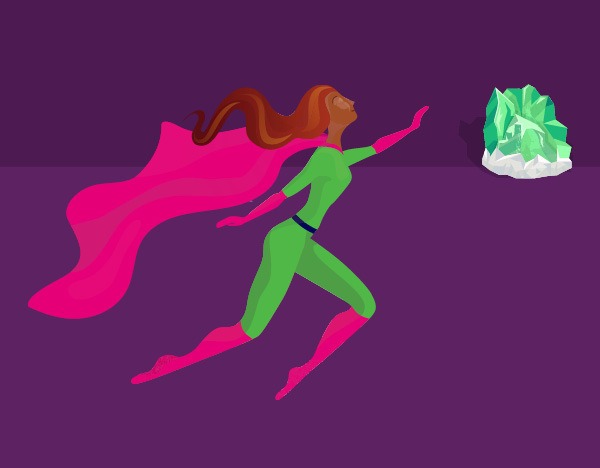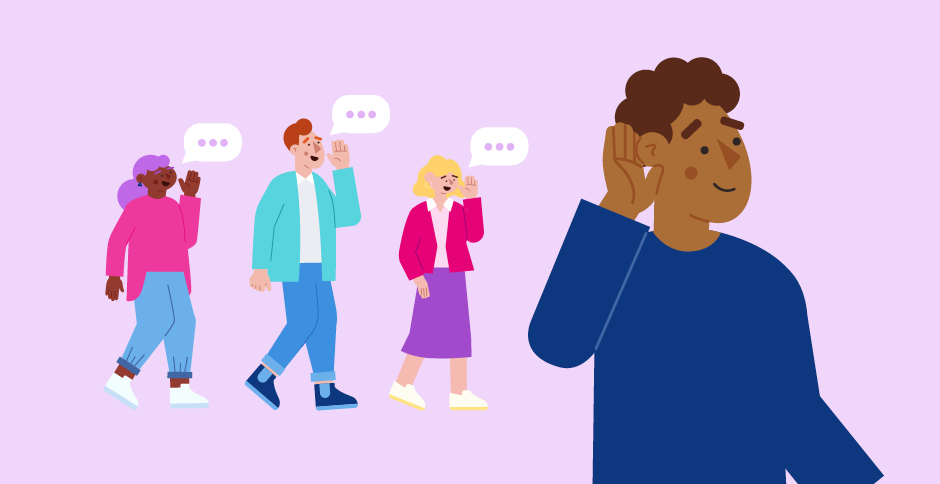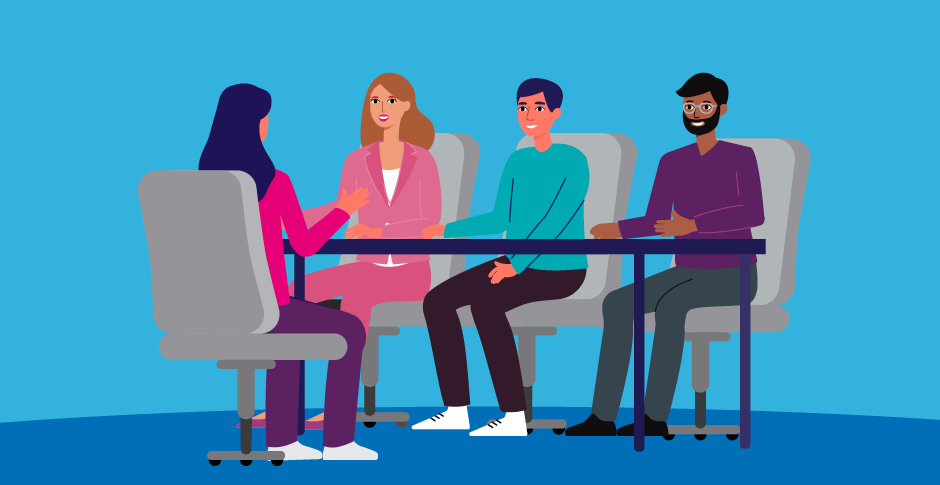The interview is going well. Then the dreaded question comes up: “what’s your greatest weakness”? We know that answering this question can be a challenge.
Get it right though and you’ve considerably boosted your chances of landing the job.
Interviewers ask this question to find out how self-aware you are, says Jane McNeill, Director at Hays. Knowing your areas of personal strength and weakness allows you to build on them and identify areas you can improve.
There is no perfect answer. It’s about how you handle yourself.
If you’re looking for brownie points, then choose something that you’ve already taken steps to improve, but isn’t mission critical to the role. You wouldn’t say, for example that you can’t code, for a programming job, or that you hate dealing with people, for a retail job.
It’s also important not to cite anything listed in the key selection criteria for the role as your weakness. When thinking of weaknesses, it’s best to find a ‘nice to have’ skill, not a must have.
Good answers to this question
There are no perfect answers, and everyone is different – with different strengths and weaknesses. Here are some strong examples that often apply to many of us:
- “I’m scared of public speaking.”
- “I’m quite self-critical.”
- “I don’t delegate enough.”
All three show self-awareness, says McNeil. These answers are even better if you can explain what you’ve done to overcome your weaknesses. Those explanation could be things like:
- I’ve joined Toastmasters and am learning to love speaking to audiences.
- I’m working with a life coach to solve the problem of being self-critical. She/he has given me these strategies, which have proved useful.
- I have signed up for a leadership course because I’d like to tackle this weakness.
It’s critical to show that you have emotional intelligence and that you are working on your weakness.
Be aware of the role, says Scott MacMorland, Manager Accounting and Finance at Randstad. “I don’t delegate enough” might not be a good choice if your role relies on delegation. If you’re just moving into this area and show you are willing to learn it could be an ideal choice.
If, for example, you admit to having an autocratic style, you might then follow up and explain that you’re aware of this and you have learned to adapt your style within the team, says MacMorland.
Also think about how you word your weakness. “I’m no good at managing people” sounds better as: “I sometimes don’t give my team sufficient encouragement.”
The worst answers are trying to dress strengths up as weaknesses. At best this looks disingenuous or deliberately insincere – at worst your interviewer will think you’re lying.
Answers you should avoid
There are some answers which may seem like good options on the surface, but actually probably have more of a negative impact than you think. Here are the top answers you should avoid:
- “I’m a workaholic”
- “I’m a perfectionist”
- “I don’t have any weaknesses”
The term ‘workaholic’ is no longer a selling point. Most employers these days are looking for employees who have a balance between professional and personal life and can manage their time effectively. And claiming to be a perfectionist can suggest that you spend too long on tasks, which isn’t always a positive, espeically when being efficient is more important.
Most importantly, employers want someone who can tell the truth and be upfront up when they’ve make a mistake and who are also adaptable. The opposite of this is a difficult employee who thinks he or she is perfect and everyone else is wrong.
We all have weaknesses and things we can improve on, Spend some time to consider the answers provided above, and how they apply to your own life. Practice your answer before the interview if you think it would help. Being ready for this question can be a big factor in helping you ace the interview.



